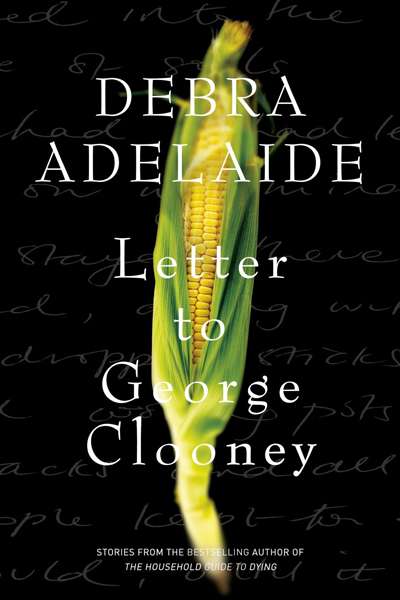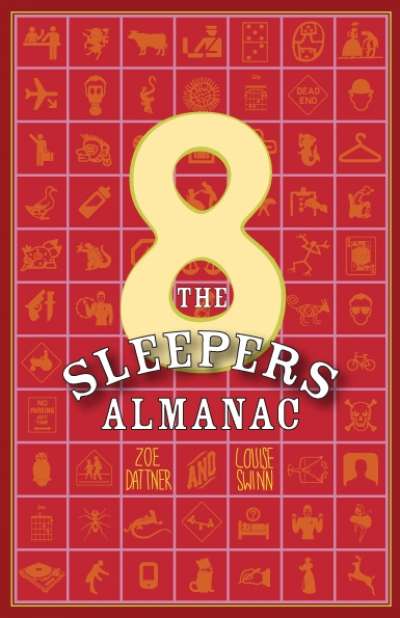Amy Baillieu
Sign up to From the Archive and receive a new review to your inbox every Monday. Always free to read.
Recent:
News from the the Editor's Desk in the August issue of Australian Book Review.
... (read more)News from the the Editor's Desk in the September issue of Australian Book Review.
... (read more) Amy Baillieu completed a Masters of Publishing and Communications at the University of Melbourne in 2011 and holds a Bachelor of Arts from the same university with majors in English Literature and French. She also attended the Sorbonne in Paris, where she completed a Cours ...
Amy Baillieu completed a Masters of Publishing and Communications at the University of Melbourne in 2011 and holds a Bachelor of Arts from the same university with majors in English Literature and French. She also attended the Sorbonne in Paris, where she completed a Cours ...
The Sleepers Almanac No. 8 edited by Zoe Dattner and Louise Swinn
by Amy Baillieu •






